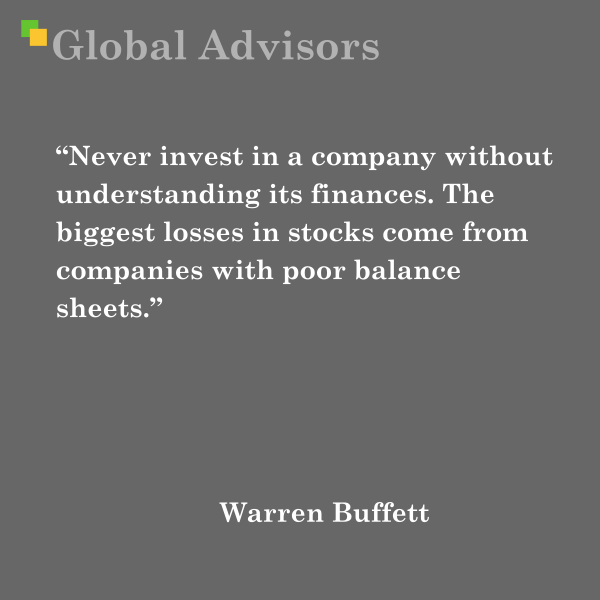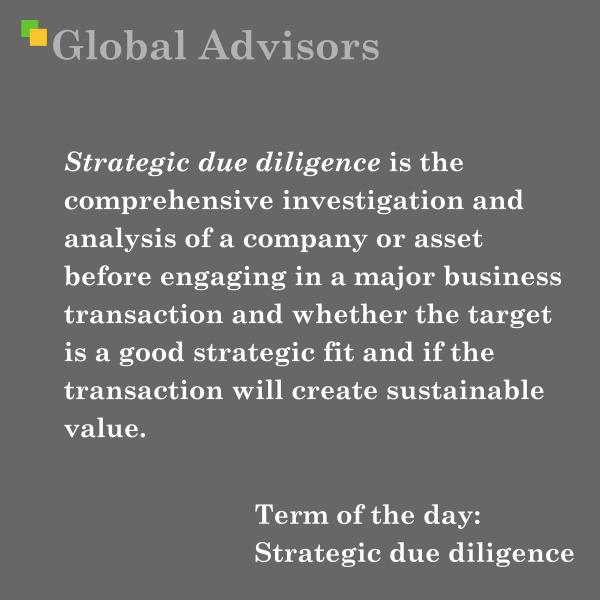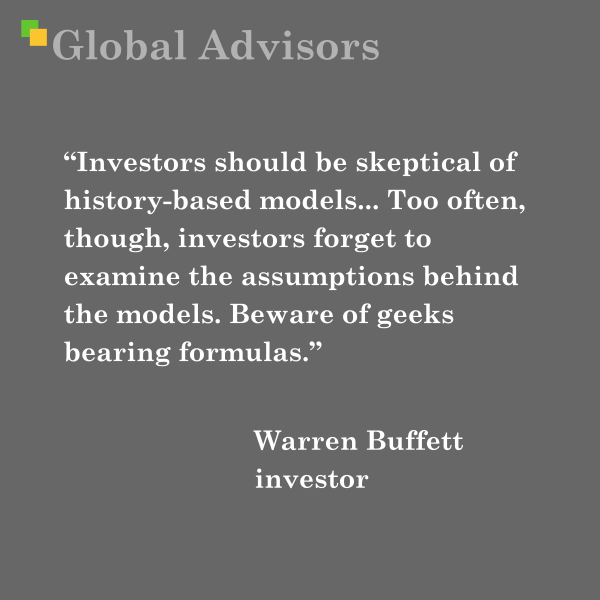“Never invest in a company without understanding its finances. The biggest losses in stocks come from companies with poor balance sheets.” – Warren Buffet – Investor
This statement encapsulates Warren Buffett’s foundational conviction that a thorough understanding of a company’s financial health is essential before any investment is made. Buffett, revered as one of the world’s most successful and influential investors, has built his career—and the fortunes of Berkshire Hathaway shareholders—by analysing company financials with forensic precision and prioritising robust balance sheets. A poor balance sheet typically signals overleveraging, weak cash flows, and vulnerability to adverse market cycles, all of which heighten the risk of capital loss.
Buffett’s approach can be traced directly to the principles of value investing: only purchase businesses trading below their intrinsic value, and rigorously avoid companies whose finances reveal underlying weakness. This discipline shields investors from the pitfalls of speculation and market fads. Paramount to this method is what Buffett calls a margin of safety—a buffer between a company’s market price and its real worth, aimed at mitigating downside risks, especially those stemming from fragile balance sheets. His preference for quality over quantity similarly reflects a bias towards investing larger sums in a select number of financially sound companies rather than spreading capital across numerous questionable prospects.
Throughout his career, Buffett has consistently advocated for investing only in businesses that one fully understands. He famously avoids complexity and “fashionable trends,” stating that clarity and financial strength supersede cleverness or hype. His guiding mantra to “never lose money,” and the prompt reminder “never forget the first rule,” further reinforces his risk-averse methodology.
Background on Warren Buffett
Born in 1930 in Omaha, Nebraska, Warren Buffett demonstrated an early fascination with business and investing. He operated as a stockbroker, bought and sold pinball machines, and eventually took over Berkshire Hathaway, transforming it from a struggling textile manufacturer into a global conglomerate. His stewardship is defined not only by outsized returns, but by a consistent, rational framework for capital allocation; he eschews speculation and prizes businesses with predictable earnings, capable leadership, and resilient competitive advantages. Buffett’s investment tenets, traced back to Benjamin Graham and refined with Charlie Munger, remain the benchmark for disciplined, risk-conscious investing.
Leading Theorists on Financial Analysis and Value Investing
The intellectual foundation of Buffett’s philosophy rests predominantly on the work of Benjamin Graham and, subsequently, David Dodd:
- Benjamin Graham
Often characterised as the “father of value investing,” Graham developed a rigorous framework for asset selection based on demonstrable financial solidity. His landmark work, The Intelligent Investor (1949), formalised the notion of intrinsic value, margin of safety, and the critical analysis of financial statements. Graham’s empirical, rules-based approach sought to remove emotion from investment decision-making, placing systematic, intensive financial review at the forefront. - David Dodd
Co-author of Security Analysis with Graham, Dodd expanded and codified approaches for in-depth business valuation, championing comprehensive audit of balance sheets, income statements, and cash flow reports. The Graham-Dodd method remains the global standard for security analysis. - Charlie Munger
Buffett’s long-time business partner, Charlie Munger, is credited with shaping the evolution from mere statistical bargains (“cigar butt” investing) towards businesses with enduring competitive advantage. Munger advocates a broadened mental toolkit (“worldly wisdom”) integrating qualitative insights—on management, culture, and durability—with rigorous financial vetting. - Peter Lynch
Known for managing the Magellan Fund at Fidelity, Lynch famously encouraged investors to “know what you own,” reinforcing the necessity of understanding a business’s financial fibre before participation. He also stressed that the gravest investing errors stem from neglecting financial fundamentals, echoing Buffett’s caution on poor balance sheets. - John Bogle
As the founder of Vanguard and inventor of the index fund, Bogle’s influence stems from his advocacy of broad diversification—but he also warned sharply against investing in companies without sound financial disclosure, because broad market risks are magnified in the presence of individual corporate failure.
Conclusion of Context
Buffett’s quote is not merely a rule-of-thumb—it expresses one of the most empirically validated truths in investment history: deep analysis of company finances is indispensable to avoiding catastrophic losses. The theorists who shaped this doctrine did so by instituting rigorous standards and repeatable frameworks that continue to underpin modern investment strategy. Buffett’s risk-averse, fundamentals-rooted vision stands as a beacon of prudence in an industry rife with speculation. His enduring message—understand the finances; invest only in quality—remains the starting point for both novice and veteran investors seeking resilience and sustainable wealth.









